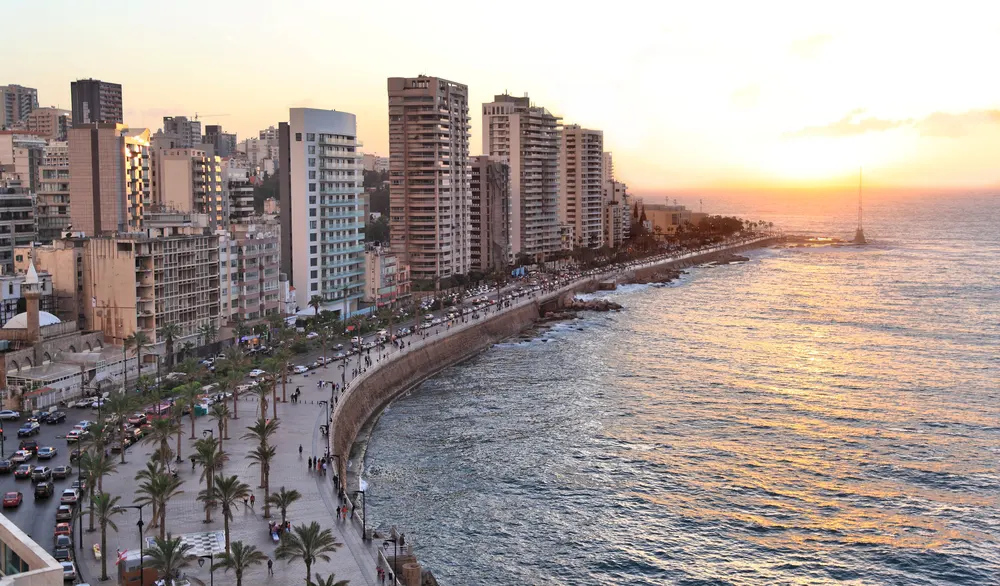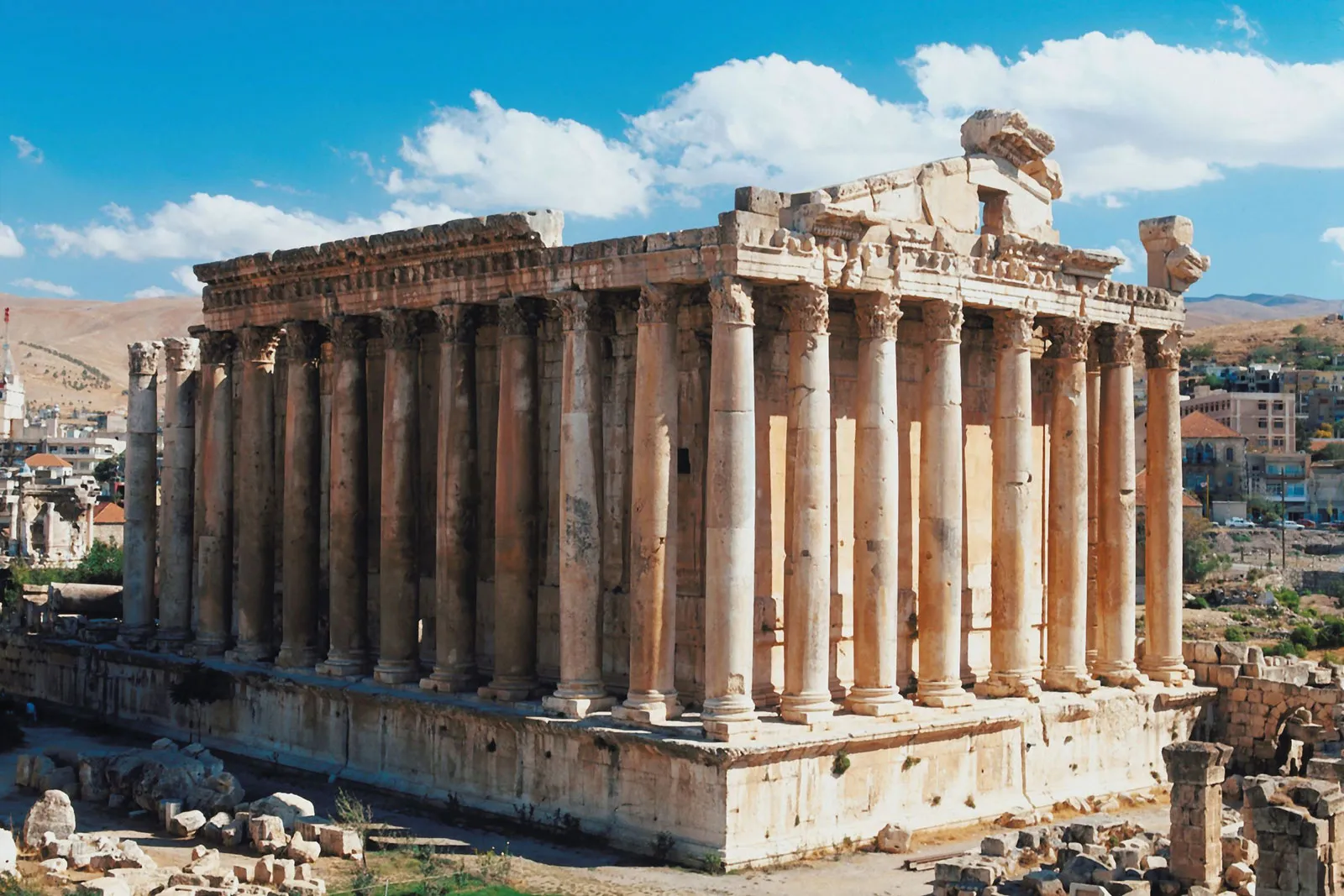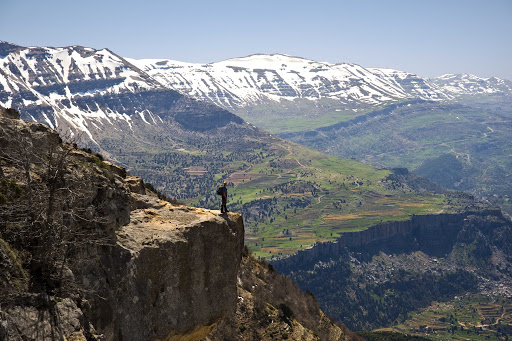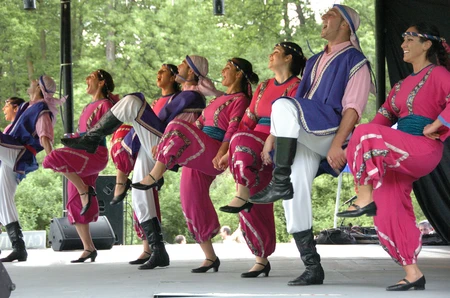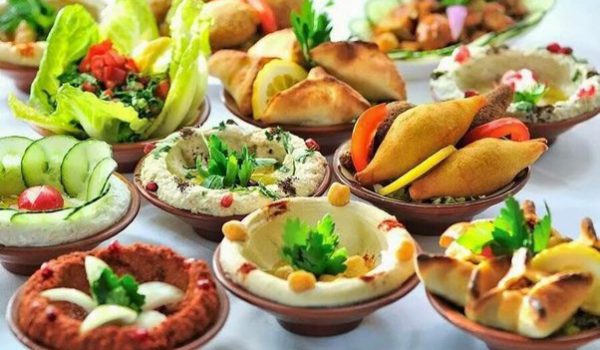Lebanon is a diverse quilt of Mediterranean coastline, high mountain peaks, and green fertile valleys, packed into a tiny parcel of land some 225km long and 46km wide.
An ancient land, Lebanon features in the writings of Homer and in the Old Testament. Its cities were major outposts and seaports in Phoenician and Roman times, just two of the great civilizations that touched this important Middle Eastern crossroads.
The cosmopolitan flair of modern-day Beirut, the gastronomic renown of the country's food and wine, and an educated and outward-looking population complement a country that is both traditional and progressive in outlook. For all the flavors of its storied past and rugged natural beauty, Lebanon is a well-kept tourist secret that begs exploration.
There are four main geographic regions in Lebanon, differentiated by topography and climate. From west to east, they include: the coastal plain, the Mount Lebanon Range, the Békaa Valley, and the Anti-Lebanon Range.

